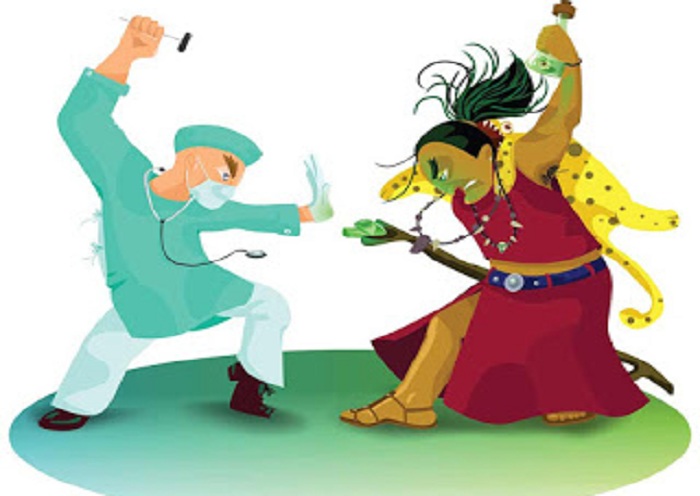What is alternative medicine?
You see, a lot of people don’t know what ‘alternative medicine’ means, or at least how effective it is. Alternative medicine is a term that describes medical treatments that are used instead of traditional therapies. It is also called as ‘integrative’ or ‘complementary’ medicine. According to a research that was done in the United States, over 40% of adults prefer using alternative medicine. Now that we know the definition of alternative medicine, let’s take a look at some examples.
Shiatsu Method
This method is mostly used in Japan, it’s a massage type. Shiatsu Method is the combination of acupressure, stretching and other western techniques. It’s supposed to reduce stress and negativity but it also cures common illnesses, at least that’s what Japanese culture says.
Acupuncture Treatment
This treatment was originally found in China. The use of acupuncture instead of anesthesia during some surgery reveals the power of this technique. Acupuncture is a remedy with the application of needles to specific points in the human body. This is proven to be a highly effective technique.
Aromatherapy
It is known that aromatherapy, which is almost 6000 years old now, was first used by the ancient Egyptian civilization in making mummies. Aromatic herbs, flowers, leaves, branches, cones, seeds or fruits obtained by the distillation of the essential oils for physical, emotional and mental health use.
Homeopathy
Homeopathy is an alternative medicine method based on the belief that a disease can be treated by administering to the patient very low doses of substances that can produce disease symptoms in a healthy person.
Now we are a little familiar with alternative medicines, my question is that if we should have this in public hospitals or not. Alternative medicines don’t sound professional but we have been using them since ancient times and they are reliable cures. Alternative medicines are also financially affordable. If we had separate health organizations, it would be a lot more complicated. Having these treatments in every hospital would be a blessing in disguise.

